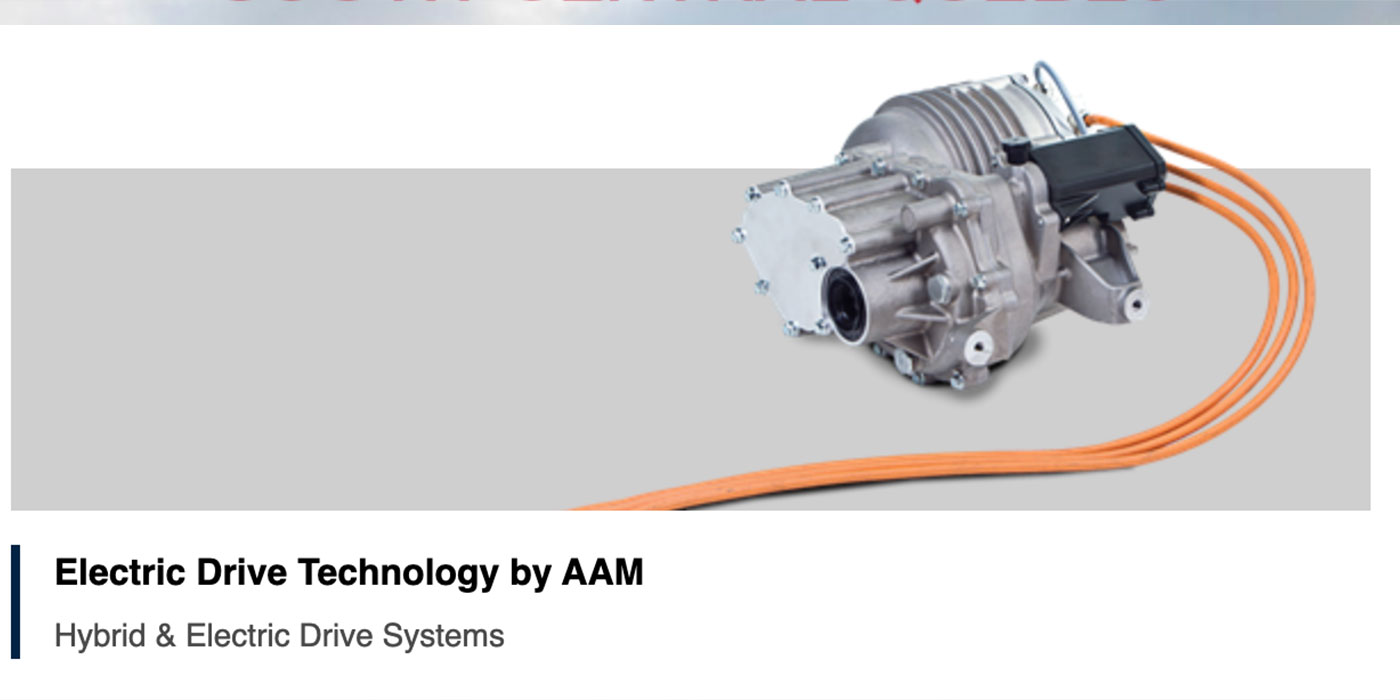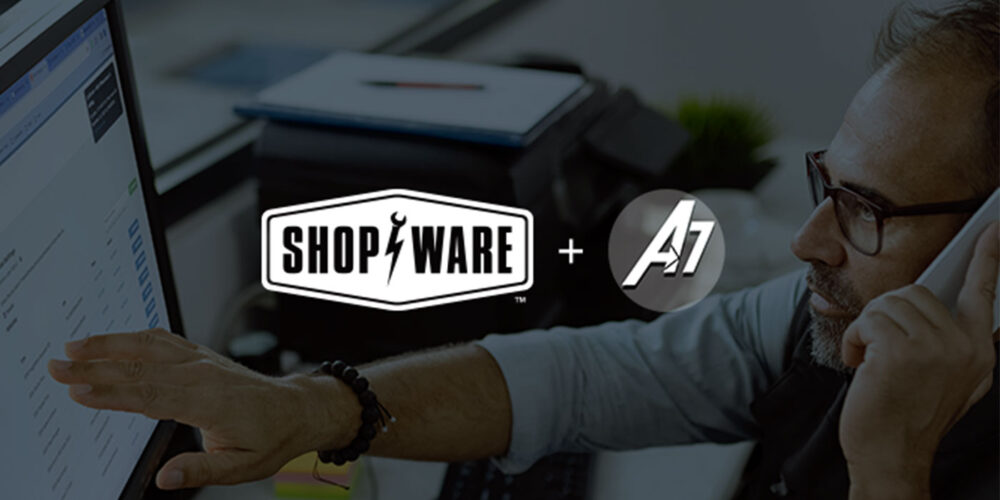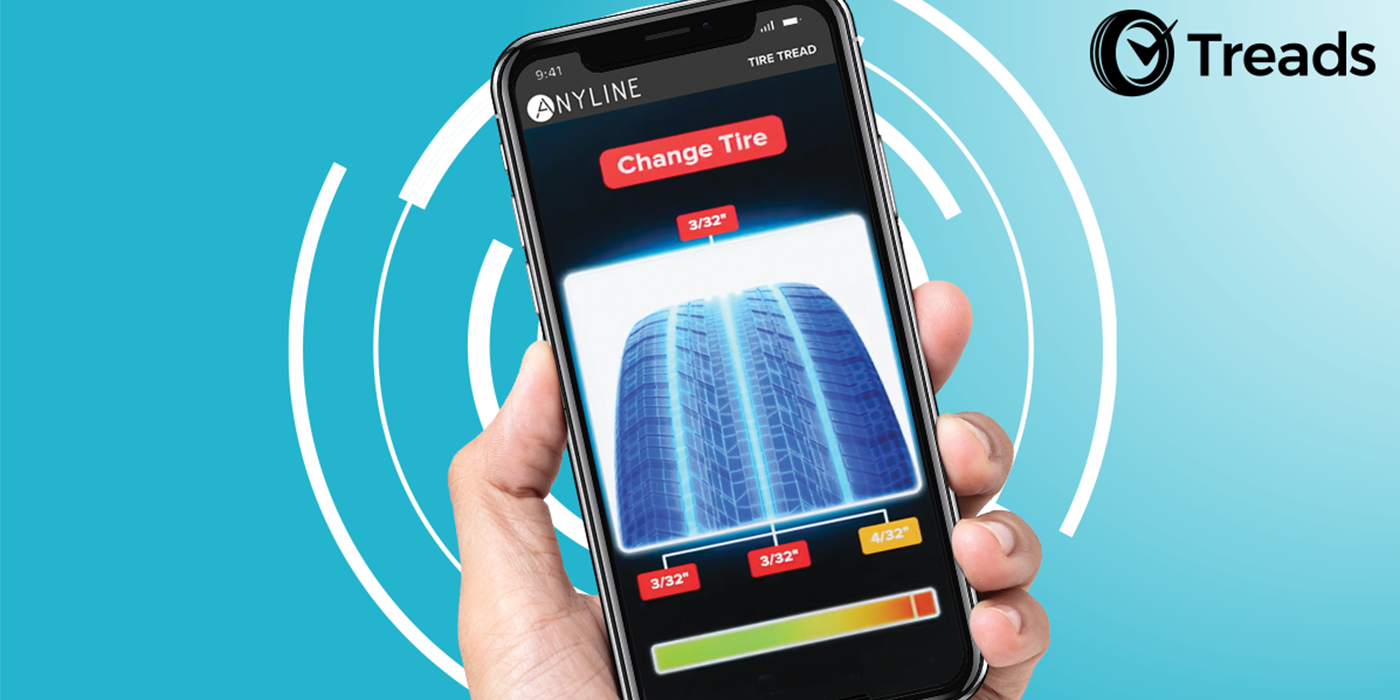From The Corn and Soybean Digest
As soy biodiesel continues to gain acceptance at the pump, soy-based lubricants are also fueling the automotive industry. Engine oil and hydraulic power steering fluid are two soy-based products showing potential “under the hood.”
But those products are just the beginning. Additional applications for soy oil-derived lubricants include other hydraulic fluids and crankcase oils, total-loss oils, metal-cutting oils and metalworking fluids, to name a few.
The current market for lubricants in the U.S. is pegged in excess of 2.5 billion gallons. “Of that, 1.1 billion gallons are industrial lubricants, which offer potential markets for soy-based lubricants,” says Diane Neuzil, associate director for the Agriculture-Based Industrial Lubricants (ABIL) research program at the University of Northern Iowa.
For the past 12 years the ABIL program, which was established with soybean checkoff dollars, has been dedicated to expanding the market for biobased industrial lubricants and greases. It has commercialized more than two dozen new products in that area.
Neuzil explains that, because soy-derived lubricants are readily biodegradable, low in toxicity and a domestic, renewable resource, they are a favorable – and in the case of ABIL-developed products, economical – alternative to petroleum-based products.
For instance, soybean-based oils have a special appeal in the total-loss lubricant market, where there is an increased chance of lubricants being released directly into the environment. Metalworking fluids are another segment where fluids come in direct contact with machinists. Thus, a safer, environmentally friendly alternative – such as soy-based lubricants – is desired.
ALREADY IN THE WORKS
Several soybean checkoff-funded research ventures are bringing competitive soy-based lubricant products to the marketplace. One success story is the development of soy-based motor oil from Renewable Lubricants, Inc. (RLI). The SAE 15W40 soy-based engine oil has been put to the test in highway, city, county and towing mileage with promising results.
Performance tests of the soy-based oil was better in comparison to mineral-based formulas. Soy oil showed with good mechanical shear stability at the 6,000-plus mile oil change intervals, which exceeds the standard 4,000-mile oil change interval recommendation.
RLI is continuing testing on a variety of vehicles and a broader range of lubricants. William Garmier, its vice president, calls the initial findings encouraging. “Hopefully, this opens the door to further and broader research and new viable industrial uses for soybean oil in the lubricants market,” he says.
Other research looks at using soybean oil blends as crankcase oil in air-cooled engines like lawn mowers. The hope is to eventually promote it for use in the larger water-cooled engines of cars and trucks. Another benefit: Tests have shown that using soy-based lubricants like crankcase oils in vehicles reduces harmful emissions, such as carbon monoxide and hydrocarbons.
Even Ford Motor Co.’s latest concept vehicle, the Model-U, (deemed the Model T of the 21st century) touts several soy-based components. The vehicle includes soy-based polyurethane foam seats, a tailgate created from soy-based resin reinforced with fiberglass, and hydraulic power steering fluid derived from soy oil.
Success is also being tapped with soy grease. It’s already being sold as a general-purpose lubricant for trailer hitches and mechanical joints of semi trucks, farm implements and other heavy equipment.
In the railroad industry, SoyTrak is a rail curve grease that was developed by ABIL researchers and created from soy oil. It has performed 20 percent better than conventional greases. Because of its attributes, it’s is now being used by more than two dozen rail lines. That means about 2.5 million pounds of soy-based track grease were used in 2003 (about 25 percent market penetration), with a good outlook for future growth.
IMPROVING PERFORMANCE BEANS
When research began on soy-based lubricants, one of the initial challenges was improving the oxidative stability of soy-based oils. “Vegetable-based oils tend to oxidize and, if not controlled, form a gel on the top layer of the oil, which can hinder performance,” says Diane Neuzil of the Agriculture-Based Industrial Lubricants (ABIL) Research Program.
She reports that the oil was chemically modified and chemical additives were used to solve the stability issue.
But through research such as the Better Bean Initiative, high-oleic soybeans have now been developed that produce more stable oil from the seed.
As a result, little modification is needed to meet the needs of lubricant manufacturers. More doors are opening for use of soy-based lubricants. This has also helped to produce products that, for the first time, are economically competitive with conventional petroleum products, Neuzil says.
Lou Honary, who heads the UNI-ABIL research program, has long been advocating the use of specialty soybeans like high-oleic brands in specific non-food uses.
“Continuing to produce conventional soybeans in the U.S. will lead to surpluses and depressed prices, especially when countries like Brazil, too, are increasing production,” says Honary. “Genetically enhanced soybeans that help meet industry performance standards will provide new opportunities in non-food areas and improve the competitiveness of American soybean growers.”
_______________________________________
Click here to view the rest of today’s headlines.













